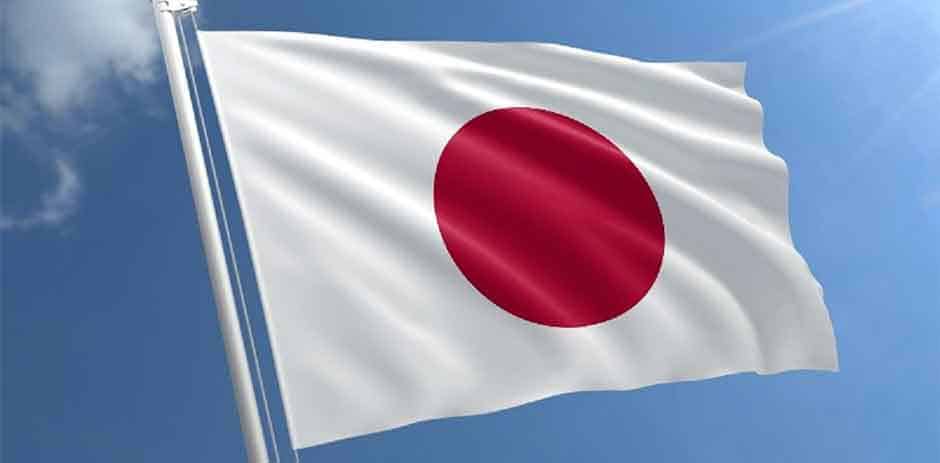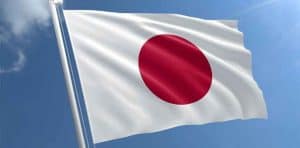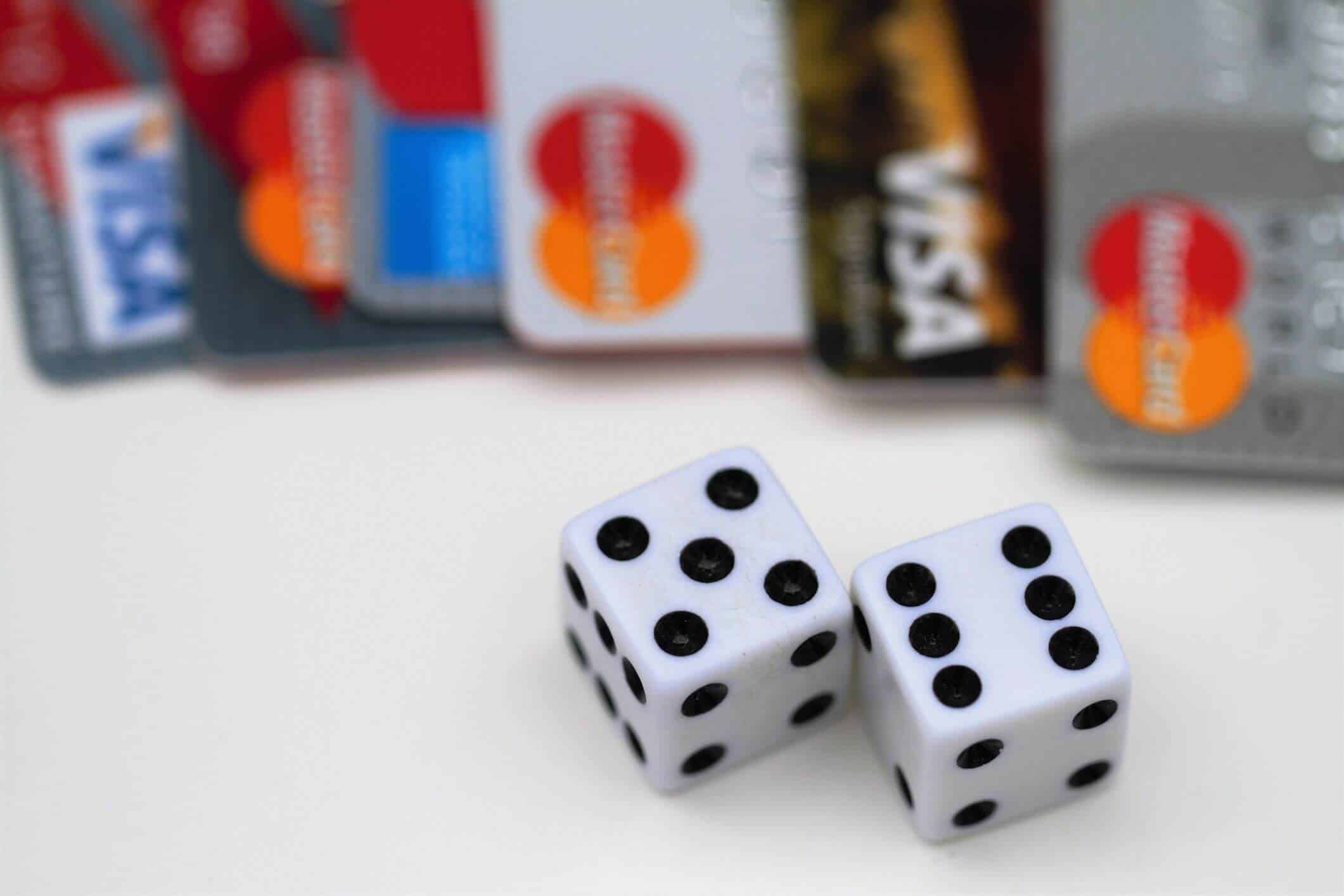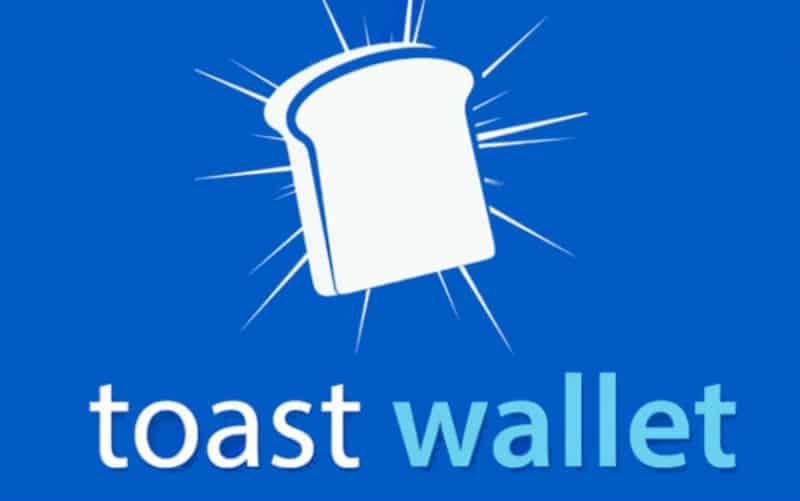Join Our Telegram channel to stay up to date on breaking news coverage
Xangle Research has recently given out a report. This report showed that the Japanese financial watchdog, the Financial Services Agency (FSA), is more inclined to give its approval for new virtual currencies for trading, should there be greater financial transparency. Another critical factor, the research firm found, was that it was more likely to give approval if the currencies themselves aren’t involved in gambling DApps.
Explicitly Against Crypto Gambling
In fact, Xangle uncovered that the FSA’s digital asset regulations explicitly stipulates that crypto firms may be approved should they not show support to decentralized applications (DApps) that hold anonymous or gambling features.
Xangle took it upon itself to name examples, such as the Quantum coins (QTUM). QTUM was recently made available on the Japan-based Coincheck crypto exchange, where users can trade with it. This was done after the Japan Crypto Asset Exchange Agency (JVCEA) had concluded that QTUM meets all three requirements of the self-regulatory group.
As the report shows, QTUM demonstrated that it owned enough liquidity to be listed on major exchanges, and showed transparency regarding its answers to the JVCEA. Most important for this article, however, is the fact that the third essential requirement is not having any involvement regarding “casino DApps” or bitcoin casinos.
A Few Whitelisted Examples
The Basic Attention Token (BAT) of Brave has seen similar results, as well as the Huobi Token (HT), with BAT being listed on GMO Coin, and HT on Huobi Japan, respectively. Both these coins were whitelisted after they subsequently proved to regulators that they complied with the national standards, as well as proved their overall financial stability. Xangle reported that all three of the abovementioned coins managed to prove their technical stability, overall financial transparency, as well as compliance with regulatory requests.
A representative from Quantum did an interview with Xangle. According to this representative, QTUM may have managed to gain the approval from the FSA due to the coin itself managing to prove that it has reliable technology. They did this through three years of history, all the while leveraging transparent and highly decentralized networks.
Changing Times
QTUM itself had already wanted to enter the Japanese markets back in 2017. However, the FSA wasn’t very open to incorporating new tokens, at the time. Things changed, however, back in 2019, when the financial watchdog’s regulations themselves changed. From then on, more crypto projects have been approved, alongside stricter regulations as well.
Join Our Telegram channel to stay up to date on breaking news coverage



